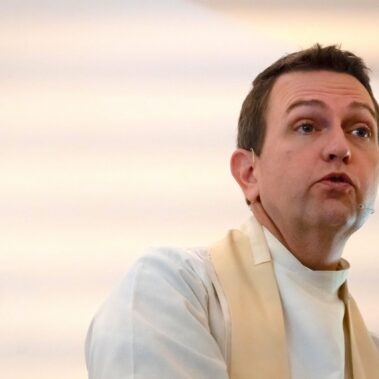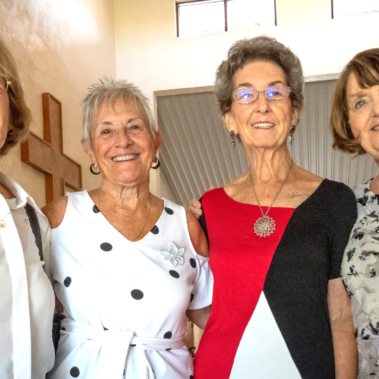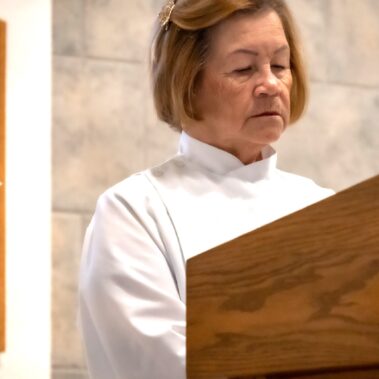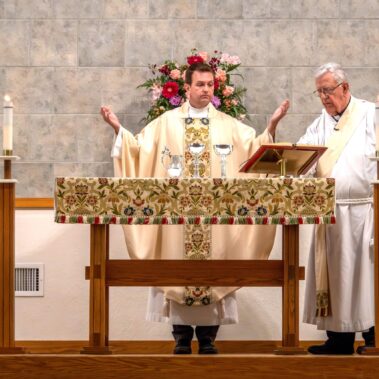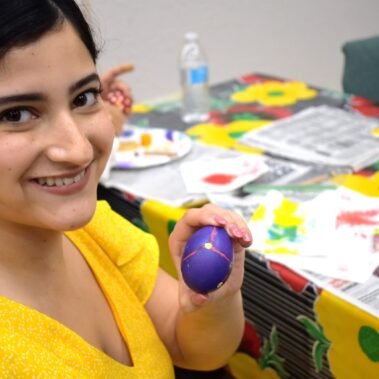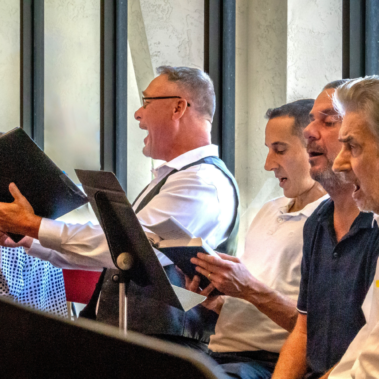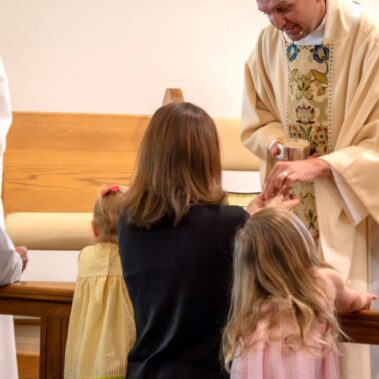SUNDAY SERVICES
8:00AM (Spoken Service)
10:00AM (Musical Service)
At Holy Trinity, we have two primary services on Sunday Mornings.
Our 8:00AM service is a spoken service.
Our 10:00AM service offers a wide array of musical diversity (hymns, spirituals, taizé, gospel, renewal, contemporary, and modern) into the worship.
Both services are Rite II for a majority of the year, with seasonal changes for Advent and Summer.
3240 N. McMullen Booth Rd Clearwater, FL 33761
WHO WE ARE
Holy Trinity is a welcoming, loving, serving community. We believe “come as you are, whoever you are” best describes us and our worship style. Everyone is welcome!


